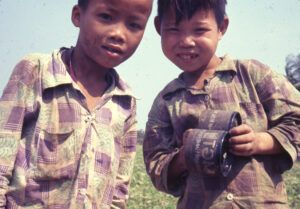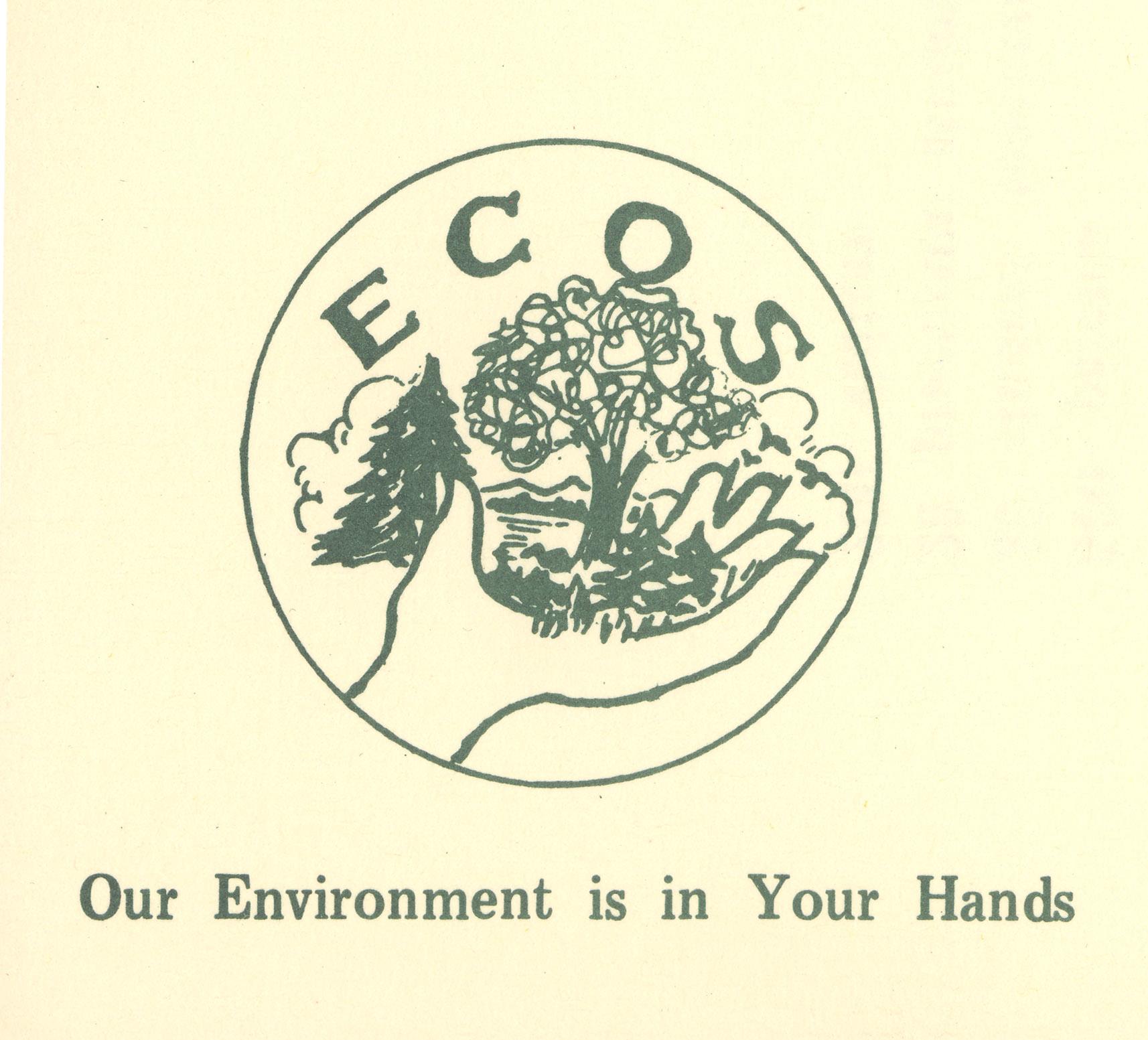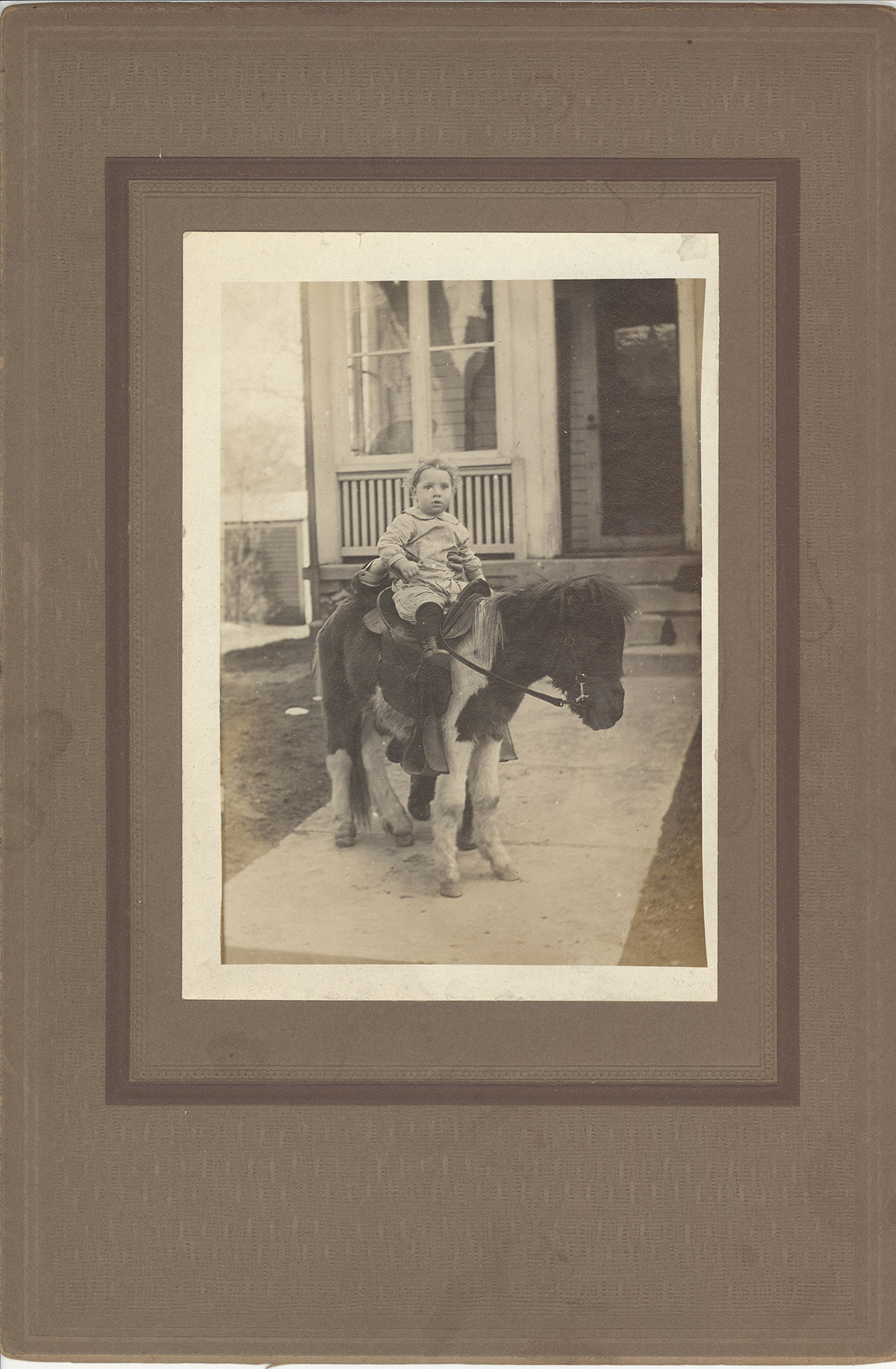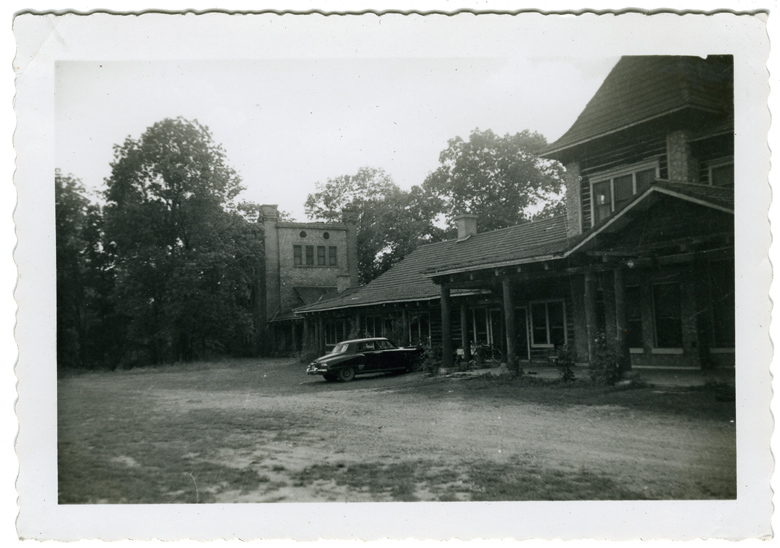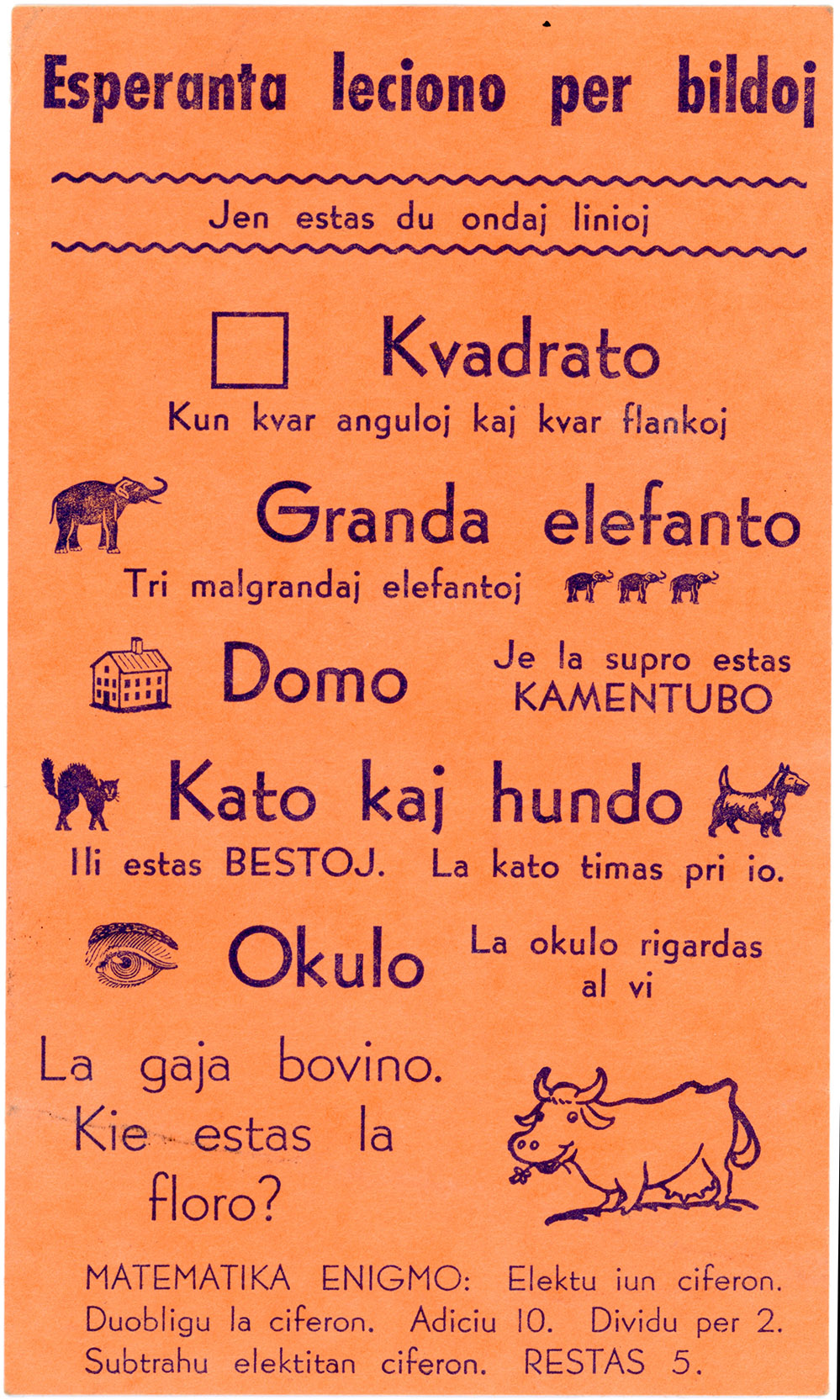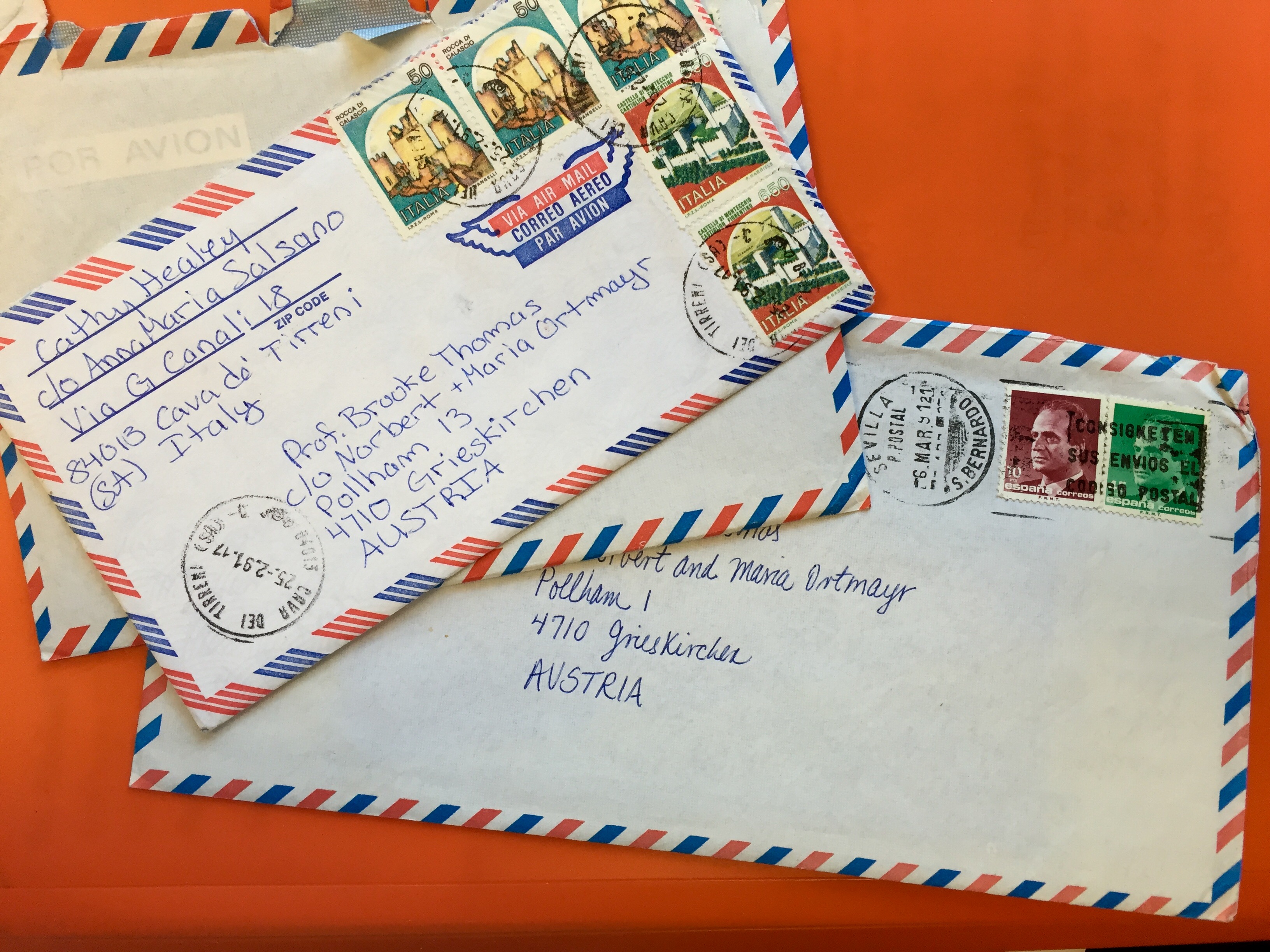Enola Gay Controversy Collection
On January 30, 1995, the National Air and Space Museum capitulated to popular and political pressure and scuttled an exhibit they had planned to coincide with the fiftieth anniversary of the end of the Second World War. Early in 1993, curators began to develop plans for an exhibit that would center around the Enola Gay, the B-29 Stratofortress bomber that dropped the atomic bomb on Hiroshima, but opposition from veterans’ groups rose almost immediately. By mid-summer, the Air Force Association and American Legion led opposition to the exhibit, fearing that it would not present a balanced view of the events and that it would focus exclusively on the “horrors of war” and an alleged “moral equivalence” between Japan and the United States. Although several attempts were made to rewrite the script of the exhibit, congressional and public pressure eventually led to the cancellation of the exhibit in January 1995 and to the resignation of the Director of the Museum, Martin Harwit, in May.
Collected by historian Waldo Heinrichs, the Enola Gay Controversy Collection contains the various versions of the scripts of the planned exhibition and copies of correspondence, memos, publications, and the three volumes of “Revisionism gone wrong: Analysis of the Enola Gay controversy” issued by the Air Force Association.


